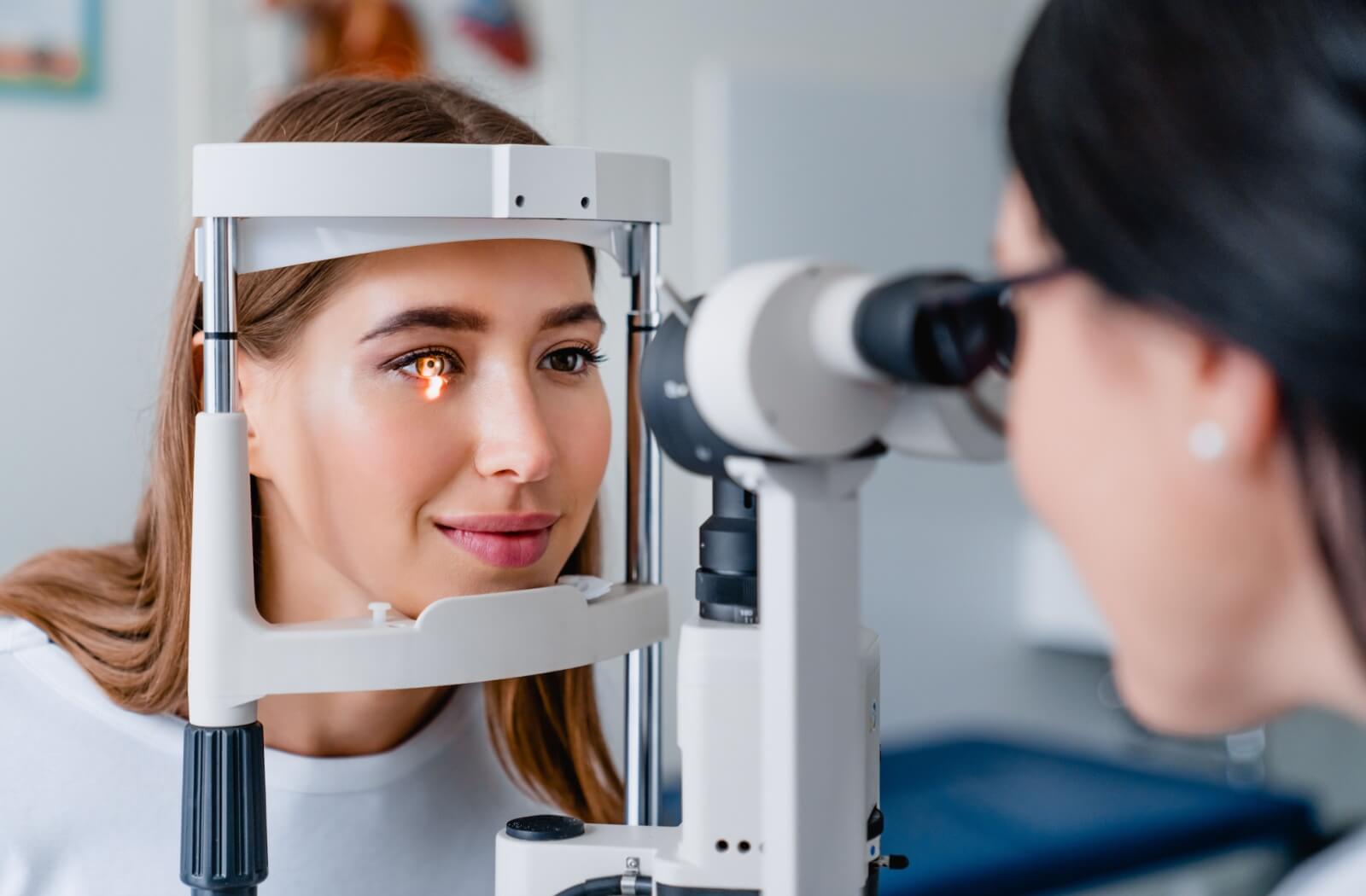All Categories
Featured
Table of Contents

Normal eye examinations are crucial for preserving excellent vision and spotting potential eye health and wellness concerns early. The frequency of these tests can differ significantly based on a person's age, way of life, and total wellness. Understanding the suggested routine for eye exams can help make sure that people of all ages receive ideal treatment and monitoring for their eye health and wellness.
Infants and Toddlers (0-2 Years)
For babies and kids, eye exams are critical for identifying any potential vision issues at an early stage. The American Academy of Ophthalmology advises that a child's very first eye exam ought to take place at around six months old. Throughout this first see, the eye care professional will examine the child's visual growth and check for any noticeable eye concerns.Following this very first examination, it is suggested that kids have an additional eye examination at age three. This browse through will concentrate on examining the kid's general aesthetic feature, including eye alignment and the capacity to track objects. If no problems are discovered, the following examination ought to be scheduled before the child starts college, usually around age 5 or 6.
School-Aged Youngsters (6-18 Years)
When kids reach school-age child, normal eye tests need to be arranged each to two years. Vision is critical for finding out and development, and numerous institutions carry out vision testings. These screenings do not change an extensive eye examination by an eye care expert.For kids associated with activities or sporting activities requiring significant visual emphasis, yearly eye examinations might be advisable. Furthermore, if a child shows indicators of vision issues-- such as difficulty reviewing, scrunching up your eyes, or regular migraines-- a check out to the eye physician ought to be set up asap.
Young Person (19-39 Years)
Young person commonly have less vision modifications than older age, however normal eye exams stay essential. The general suggestion is to schedule an eye examination every two years throughout this duration. People with details risk variables-- such as a family members background of eye illness, diabetes, or those that put on get in touch with lenses-- ought to think about annual eye examinations.Furthermore, those that invest significant time on electronic devices might experience electronic eye pressure. If signs and symptoms such as dry skin, fatigue, or obscured vision occur, it might be important to see an eye treatment specialist earlier.
Grownups (40-64 Years)
As individuals get in middle age, the likelihood of developing vision troubles boosts. Adults aged 40 to 64 need to arrange eye tests each to two years. This age team might start to experience presbyopia, an all-natural age-related condition that makes it challenging to concentrate on close items. Eye examinations can also help spot other typical age-related problems such as glaucoma, cataracts, and macular degeneration.If individuals in this age group have risk factors like high blood stress or diabetes, they may require more constant exams to monitor their eye health and wellness closely.
Senior Citizens (65 Years and Older)
For seniors, normal eye exams become also much more critical. The American Optometric Organization advises that individuals aged 65 and older have an eye examination at least as soon as a year.Verdict.
Understanding the proper schedule for eye examinations based upon age is essential for keeping optimum eye health throughout life. From infants to senior citizens, regular eye exams play a vital duty in discovering problems early and making certain that vision stays sharp. By sticking to these guidelines and speaking with an eye care expert, people can take proactive actions toward maintaining their vision and total wellness. Whether it's a kid's very first browse through or a senior's annual examination, prioritizing eye treatment is a financial investment in lifelong well-being.Table of Contents
Latest Posts
Vision Center South - Hearing Health & Eye Checkups
Published Apr 12, 25
2 min read
Vision Center South - Relieve Dry Eye with Advanced Solutions In Your Area
Published Apr 10, 25
2 min read
Experience Coastal Style at Deauville Inn
Published Apr 09, 25
1 min read
More
Latest Posts
Vision Center South - Hearing Health & Eye Checkups
Published Apr 12, 25
2 min read
Vision Center South - Relieve Dry Eye with Advanced Solutions In Your Area
Published Apr 10, 25
2 min read
Experience Coastal Style at Deauville Inn
Published Apr 09, 25
1 min read